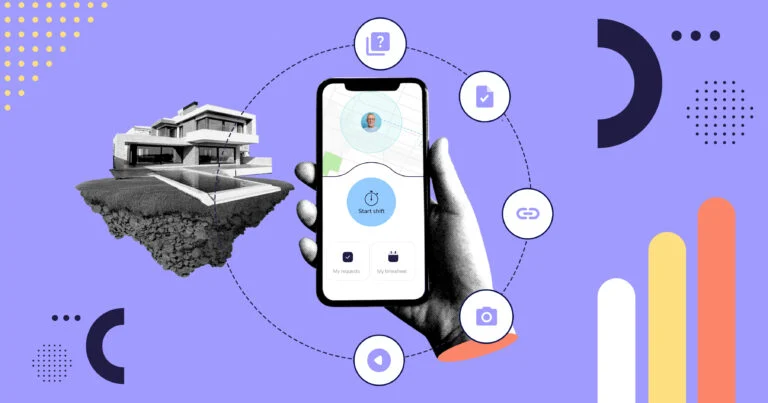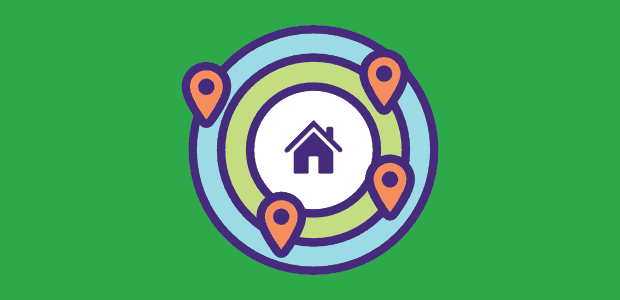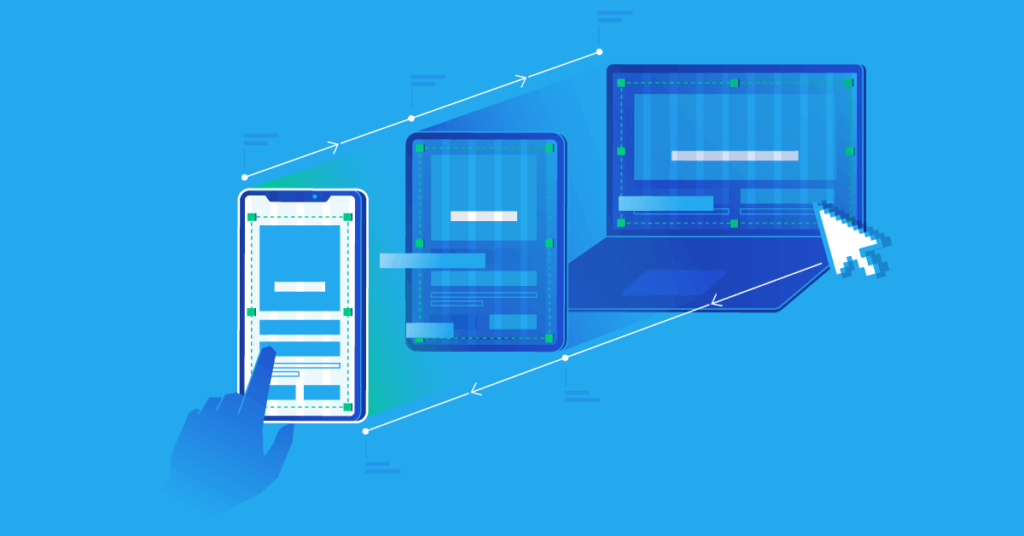In today’s digital world, mobile applications are transforming every industry — and real estate is no exception. One innovative idea that blends education, entertainment, and monetization is a real estate quiz app. Whether for agents studying for licensure exams or casual users wanting to test their property knowledge, this app concept has strong market potential.
In this article, we’ll explore how to develop a real estate quiz app and generate income by integrating advertisements, covering planning, features, development tools, and monetization strategies.
Why Build a Real Estate Quiz App?
Before diving into development, it’s important to understand the value proposition:
-
Educational Value: Helps users learn about real estate laws, terminology, market trends, and best practices.
-
Entertainment: Offers engaging trivia and challenges, increasing user retention.
-
Lead Generation: Could potentially be expanded into a lead-gen platform for real estate agencies or training providers.
-
Monetization: Ad revenue and optional premium features open sustainable earning opportunities.
Step-by-Step Guide to Building a Real Estate Quiz App
Market Research and Target Audience
Start by identifying who will use your app:
-
Real estate students preparing for exams
-
Professionals refreshing knowledge
-
Investors and enthusiasts interested in market trends
-
Casual gamers who enjoy quiz-style apps
Analyze competitors like Quizlet, Pocket Prep, or real estate training platforms. Understand their strengths, user feedback, and areas where your app can stand out — such as localized questions, gamification, or personalized learning paths.
Core Features to Include
A solid quiz app should include the following:
-
User Registration (Email, Google, Facebook)
-
Quiz Categories (Licensing exams, property law, investment, real estate terms)
-
Difficulty Levels (Easy to Expert)
-
Question Types (Multiple choice, true/false, image-based questions)
-
Progress Tracking (Performance analytics, badges, scores)
-
Daily Challenges or Leaderboards (To increase engagement)
-
Push Notifications (Encourage return visits)
-
Offline Mode (For users on the go)
-
Admin Panel (To manage questions and monitor user behavior)
Tech Stack and Development Tools
Depending on your budget and expertise, choose the right platform:
-
Cross-platform Development: Use Flutter or React Native for Android and iOS compatibility.
-
Backend: Firebase (for user authentication, real-time database), or Node.js with MongoDB.
-
UI/UX Design: Use tools like Figma or Adobe XD to design an intuitive interface.
-
Ad Integration: Use Google AdMob for banner, interstitial, and rewarded ads.
If you’re a solo developer, frameworks like Flutter with Firebase can significantly speed up your process.
Creating High-Quality Quiz Content
The success of a quiz app depends largely on its question quality. Invest time or hire subject matter experts to create:
-
500+ curated questions across various topics
-
Region-specific content (e.g., state-specific real estate laws in the US)
-
Explanations for each answer
-
Image and diagram-based questions (for visual learners)
You could start small and expand as your user base grows.
Gamification and Engagement
To retain users, incorporate elements of gamification:
-
Badges and achievements
-
Daily streak rewards
-
Levels and experience points
-
User rankings and leaderboards
Adding social sharing buttons also helps with organic user acquisition.
Monetization: How to Make Money Through Ads
Advertising is a straightforward and scalable way to monetize your real estate quiz app. Here’s how you can do it effectively:
Integrate Google AdMob
Google AdMob is the most widely used mobile advertising platform. It offers:
-
Banner Ads: Displayed at the bottom/top of the screen.
-
Interstitial Ads: Full-screen ads shown between quiz sessions.
-
Rewarded Ads: Users voluntarily watch a video in exchange for in-game currency, hints, or bonus points.
Best Practices:
-
Don’t overuse interstitial ads; place them strategically.
-
Use rewarded ads for hints or additional quiz attempts.
-
A/B test ad placements to balance revenue with user experience.
Offer a Premium, Ad-Free Version
Not everyone wants to see ads. A great monetization alternative is to offer a one-time payment or subscription model that removes ads and unlocks exclusive features like:
-
Advanced analytics
-
Exclusive quizzes
-
Offline access
-
Custom quiz builder
Affiliate Marketing and Lead Generation
For a real estate-focused audience, affiliate marketing is a smart move. Partner with:
-
Real estate courses
-
Agent certification programs
-
Property investment platforms
You can embed affiliate links within the app or offer them as sponsored content.
Marketing and User Acquisition
After building your app, getting users is the next challenge. Some tips include:
-
App Store Optimization (ASO): Use real estate and quiz-related keywords.
-
Social Media Marketing: Share interesting quiz snippets on Instagram, Facebook, and LinkedIn.
-
Influencer Outreach: Partner with real estate YouTubers or TikTok influencers.
-
Paid Ads: Use Google Ads or Facebook Ads to target real estate learners.
-
Referral Programs: Encourage users to invite friends in exchange for rewards.
Maintenance and Updates
Even after launch, the app needs to be updated regularly:
-
Add new quizzes monthly
-
Fix bugs based on user feedback
-
Monitor analytics to improve ad performance
-
Update legal and market-related content as real estate laws change
User feedback is invaluable. Actively respond to reviews and integrate requested features.
Final Thoughts
Developing a real estate quiz app is an exciting project that combines education, entertainment, and entrepreneurship. With the right balance of engaging content, smooth functionality, and smart ad placement, it can become a valuable tool for learners and a profitable product for developers.
The real estate industry is constantly evolving — and so should your app. Stay current, listen to your users, and don’t be afraid to innovate beyond the quiz format as your platform grows.
Frequently Asked Questions
What type of questions are included in the real estate quiz app?
Our quizzes cover a wide range of topics including real estate terminology, licensing exam prep, property law, investment principles, financing, and agency relationships. Questions are designed to simulate real-world scenarios and licensing exam formats to help users learn and retain core concepts.
Are the quiz questions based on actual real estate exams?
Yes! Many questions are modeled after content commonly found on licensing exams such as the U.S. Real Estate Salesperson and Broker exams. While not official, our quizzes are crafted by professionals and educators to reflect current industry standards.
Can I get explanations for the correct answers?
Absolutely. Each question comes with a detailed answer explanation to help you understand why the answer is correct (and why the others aren’t). This feature is designed to reinforce learning and help you apply the knowledge in real-world settings.
How do the difficulty levels work?
Our quizzes are organized into three difficulty levels:
-
Beginner: Basic concepts and terminology
-
Intermediate: Scenario-based learning and situational judgment
-
Advanced: Legal nuances, investment analysis, and exam-style questions
You can progress at your own pace or jump directly to a preferred difficulty.
Is this app only useful for people studying for real estate exams?
Not at all. While it’s a great tool for exam preparation, the app is also ideal for:
-
Real estate investors learning the basics
-
Agents looking to refresh their knowledge
-
Curious homeowners and buyers
-
Anyone who enjoys real estate trivia!
Can I use the app offline?
Yes. Once a quiz set is downloaded, you can access it offline—perfect for studying on the go without needing an internet connection.
How do ads work in the app?
We use non-intrusive ads to keep the app free for everyone. Ads may appear between quiz sessions or as optional rewarded videos (e.g., to unlock a hint or retry a failed quiz). You can also remove all ads by upgrading to the premium version.













